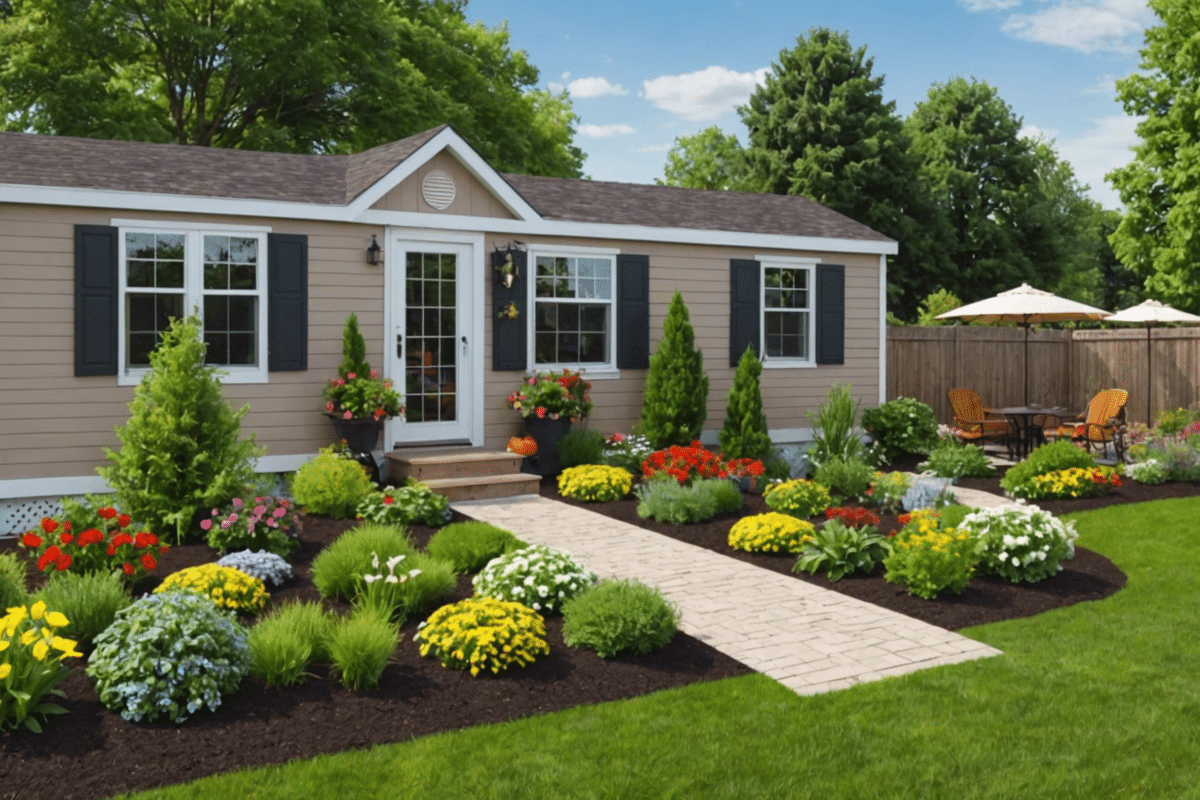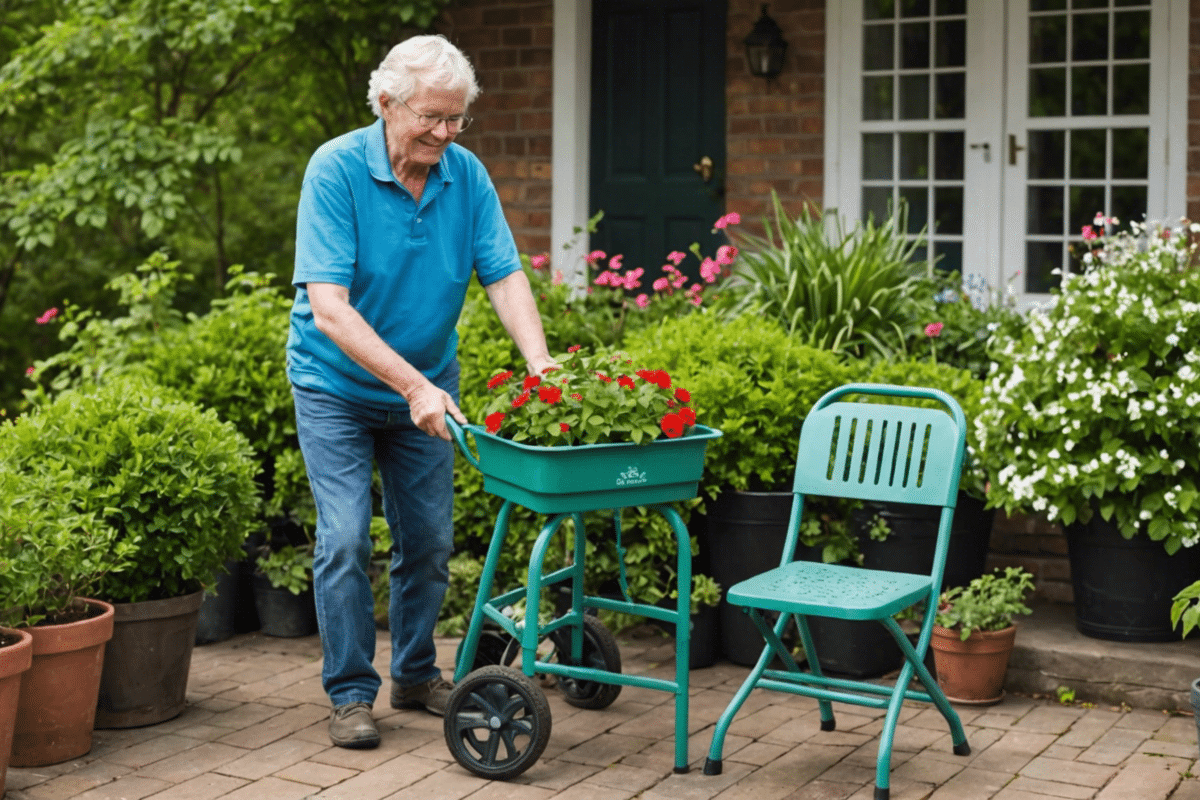Gardening enthusiasts often dream of cultivating the quintessential symbol of beauty in their own backyard: roses. The allure of their vibrant colors and intoxicating fragrance is undeniable, but the question remains: are these coveted blooms a challenge to grow from seeds? This article delves into the intricacies of nurturing rose seeds to life, offering a comprehensive guide for those looking to add this classic flower to their garden repertoire.
Understanding Rose Seed Dormancy

Before embarking on the journey of growing roses from seeds, it’s essential to understand the concept of seed dormancy. Roses naturally produce seeds that enter a period of dormancy, a survival mechanism that prevents germination until conditions are favorable. To break this dormancy, a process called stratification is required. This involves mimicking the natural cycles of warm and cold periods that seeds would experience outdoors. By placing rose seeds in a moistened medium within a refrigerator for several weeks, you can effectively break their dormancy and prepare them for planting.
Step-by-Step Guide to Germinating Rose Seeds
Once you’ve completed the stratification process, it’s time to move on to germination. Here’s a detailed walkthrough:
- Prepare your planting medium: Use a well-draining soil mix or seed-starting formula to fill your pots or trays.
- Sow the seeds: Plant the stratified rose seeds about a quarter-inch deep into the soil, spacing them out to prevent overcrowding.
- Maintain optimal conditions: Keep the soil consistently moist but not waterlogged. Covering the pots with plastic wrap can help retain moisture and warmth.
- Provide light and warmth: Place the pots in a bright area with indirect sunlight and maintain a temperature around 70°F (21°C) to encourage germination.
- Watch for sprouts: Germination times can vary widely, but you should start seeing sprouts within two to eight weeks.
Patiently monitoring and caring for your seeds during this stage is crucial as they begin their journey from seed to bloom.
Caring for Seedlings and Transplanting
After your rose seeds have sprouted, the next phase is nurturing these delicate seedlings. Provide them with plenty of light—consider using grow lights if natural light is insufficient. Gradually acclimate your seedlings to outdoor conditions through a process called hardening off before transplanting them into your garden. Choose a location with at least six hours of direct sunlight daily and enrich the soil with organic matter to promote healthy growth.
Potential Challenges and Solutions
Growing roses from seeds isn’t without its challenges. One common issue is mold growth due to excessive moisture. To combat this, ensure proper air circulation and avoid overwatering. Pests can also pose a threat; keep an eye out for aphids and spider mites, which can be controlled with insecticidal soap or neem oil treatments.
Frequently Asked Questions
How long does it take for rose seeds to germinate?
The germination time for rose seeds can vary greatly, ranging from two weeks up to several months depending on the variety and growing conditions.
Do all rose varieties grow well from seeds?
While many roses can be grown from seeds, some hybrid varieties may not come true from seed or may be more challenging to cultivate in this manner.
Can I grow roses indoors?
Roses require ample sunlight and may not thrive indoors unless provided with strong artificial lighting and proper care.
Tips for Success
To increase your chances of successfully growing roses from seeds, consider these tips:
- Select high-quality seeds: Source your seeds from reputable suppliers to ensure they are viable and disease-free.
- Mimic natural conditions: Stratification is key in breaking seed dormancy; don’t skip this crucial step.
- Be patient: Roses take time to grow from seed; don’t get discouraged if you don’t see immediate results.
- Maintain good hygiene: Keep your tools and containers clean to prevent disease spread among your plants.
In conclusion, while growing roses from seeds requires patience and attention to detail, it is certainly achievable for gardeners willing to invest the time and effort. With proper preparation, care, and a bit of gardening know-how, you can enjoy the satisfaction of nurturing these beloved flowers from seedling to stunning bloom right in your own garden oasis.












